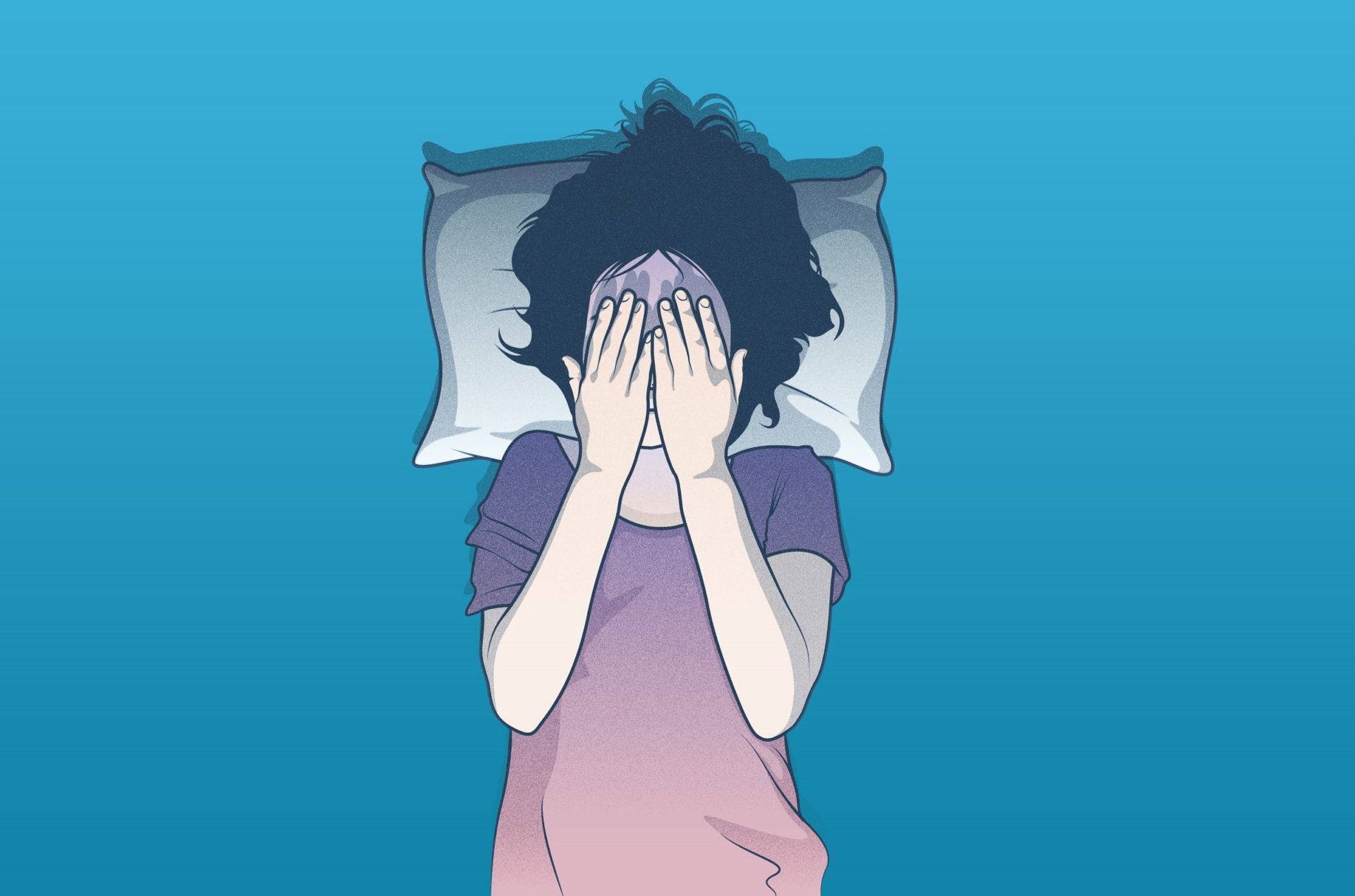Insomnia is a common sleep disorder that affects millions of people worldwide. Characterized by difficulty falling asleep, staying asleep, or waking up too early, insomnia can lead to daytime fatigue, irritability, and a host of other health issues. Understanding the causes of insomnia is crucial for finding effective solutions. In this article, we’ll explore the different types of insomnia, their causes, and practical approaches to treatment.
Types of Insomnia
Insomnia can be classified into several types based on its duration and underlying causes:
- Acute Insomnia: This type lasts for a few days or weeks and is often triggered by stress, anxiety, or significant life changes. Acute insomnia is common and usually resolves on its own.
- Chronic Insomnia: Chronic insomnia persists for three or more nights per week for at least three months. It may be linked to underlying health conditions, medications, or psychological issues.
- Onset Insomnia: Individuals with onset insomnia struggle to fall asleep, often lying awake for extended periods.
- Maintenance Insomnia: This type involves difficulty staying asleep, with frequent awakenings throughout the night.
- Early Morning Awakening Insomnia: People with this form of insomnia wake up too early and cannot return to sleep.
Causes of Insomnia
Understanding the root causes of insomnia is vital for effective treatment. Some of the most common factors include:
1. Psychological Factors
- Stress and Anxiety: Daily stressors, such as work pressures or personal issues, can make it challenging to relax, leading to insomnia. Anxiety disorders, including generalized anxiety disorder and panic disorder, often exacerbate sleep difficulties.
- Depression: Depression can significantly impact sleep patterns, leading to insomnia or hypersomnia (excessive sleeping). People experiencing depression may find it hard to fall asleep or may wake up feeling unrefreshed.
2. Lifestyle Choices
- Poor Sleep Hygiene: Engaging in habits that disrupt sleep, such as irregular sleep schedules, excessive screen time before bed, and consuming caffeine or alcohol in the evening, can contribute to insomnia.
- Sedentary Lifestyle: A lack of physical activity can hinder the body’s natural sleep-wake cycle. Regular exercise promotes better sleep quality, while inactivity can lead to sleep disturbances.
3. Medical Conditions
Several medical conditions can cause or worsen insomnia:
- Chronic Pain: Conditions like arthritis, fibromyalgia, and back pain can make it difficult to find a comfortable sleeping position.
- Respiratory Issues: Asthma, sleep apnea, and other respiratory disorders can interrupt sleep, leading to insomnia.
- Hormonal Changes: Hormonal fluctuations, particularly in women during menstruation, pregnancy, or menopause, can affect sleep patterns.
4. Medications
Certain medications, including antidepressants, corticosteroids, and high blood pressure medications, can have side effects that disrupt sleep. Always consult a healthcare provider about potential side effects when starting new medications.
5. Environmental Factors
- Noise and Light: Living in a noisy environment or exposure to bright lights can interfere with the ability to fall asleep or stay asleep.
- Uncomfortable Sleep Environment: Factors such as an uncomfortable mattress, unsuitable room temperature, or inappropriate bedding can also affect sleep quality.
Solutions for Insomnia
While insomnia can be challenging to manage, several strategies can help improve sleep quality. Here are some practical solutions:
1. Cognitive Behavioral Therapy for Insomnia (CBT-I)
CBT-I is a structured program that helps individuals identify and change thoughts and behaviors that contribute to sleep problems. It is often considered the first-line treatment for chronic insomnia and has been shown to be more effective than medication in the long term.
2. Sleep Hygiene Practices
- Maintain a Regular Sleep Schedule: Go to bed and wake up at the same time every day, even on weekends, to regulate your body’s internal clock.
- Create a Relaxing Bedtime Routine: Engage in calming activities before bed, such as reading, meditation, or gentle stretching.
- Limit Screen Time: Reduce exposure to screens at least an hour before bed. The blue light emitted by phones, tablets, and computers can disrupt the production of melatonin, the hormone that regulates sleep.
3. Optimize Your Sleep Environment
- Keep the Room Dark and Quiet: Use blackout curtains and earplugs or white noise machines to minimize disturbances.
- Adjust Room Temperature: Aim for a cool, comfortable sleeping environment, typically between 60 and 67 degrees Fahrenheit (15-19 degrees Celsius).
- Invest in a Comfortable Mattress and Pillows: Choose bedding that provides the support and comfort needed for a good night’s sleep.
4. Manage Stress and Anxiety
- Practice Relaxation Techniques: Techniques such as deep breathing, progressive muscle relaxation, and mindfulness meditation can help calm the mind and prepare the body for sleep.
- Seek Professional Help: If anxiety or depression significantly impacts sleep, consider talking to a therapist or counselor for support.
5. Consider Lifestyle Changes
- Exercise Regularly: Aim for at least 30 minutes of moderate exercise most days, but try to complete workouts earlier in the day to avoid stimulating your body close to bedtime.
- Limit Caffeine and Alcohol: Reducing consumption of stimulants like caffeine and depressants like alcohol, especially in the hours leading up to bedtime, can improve sleep quality.
6. Consult a Healthcare Provider
If insomnia persists despite trying these strategies, consider seeking professional help. A healthcare provider can assess for underlying medical conditions, review medications, and discuss additional treatment options, including medications or referral to a sleep specialist.
Conclusion
Insomnia is a multifaceted condition that can stem from a variety of psychological, lifestyle, medical, and environmental factors. By understanding its causes and implementing effective strategies, individuals can improve their sleep quality and overall well-being. Whether through behavioral therapies, lifestyle adjustments, or professional support, there are numerous avenues available for those struggling with insomnia. Prioritizing sleep is essential for a healthier, more fulfilling life.
